Industry Trends: Demystifying Emerging Technologies in Digital Marketing
Introduction
The digital marketing landscape is evolving at an unprecedented pace, driven by technological advancements and changing consumer behaviors. To stay competitive, businesses must not only keep up with these changes but also anticipate and adapt to emerging trends. In this blog post, we will explore some of the most impactful emerging technologies in digital marketing, including AI-powered marketing tools, voice search optimization, and augmented reality (AR) experiences. We will demystify these concepts, explain their potential impact on businesses, and provide insights based on real-world experiences.
Index
- AI-Powered Marketing Tools
- Voice Search Optimization
- Augmented Reality (AR) Experiences
- Chatbots and Conversational Marketing
- Personalization and Customer Experience
- Data Privacy and Ethical Marketing
- Real-World Examples
- Conclusion: Preparing for the Future of Digital Marketing
AI-Powered Marketing Tools
Artificial Intelligence (AI) is revolutionizing digital marketing by automating processes, personalizing customer experiences, and providing actionable insights.
Understanding AI in Marketing
AI in marketing involves using machine learning algorithms and data analytics to enhance marketing efforts. AI can analyze vast amounts of data, identify patterns, and make predictions that help marketers make more informed decisions.
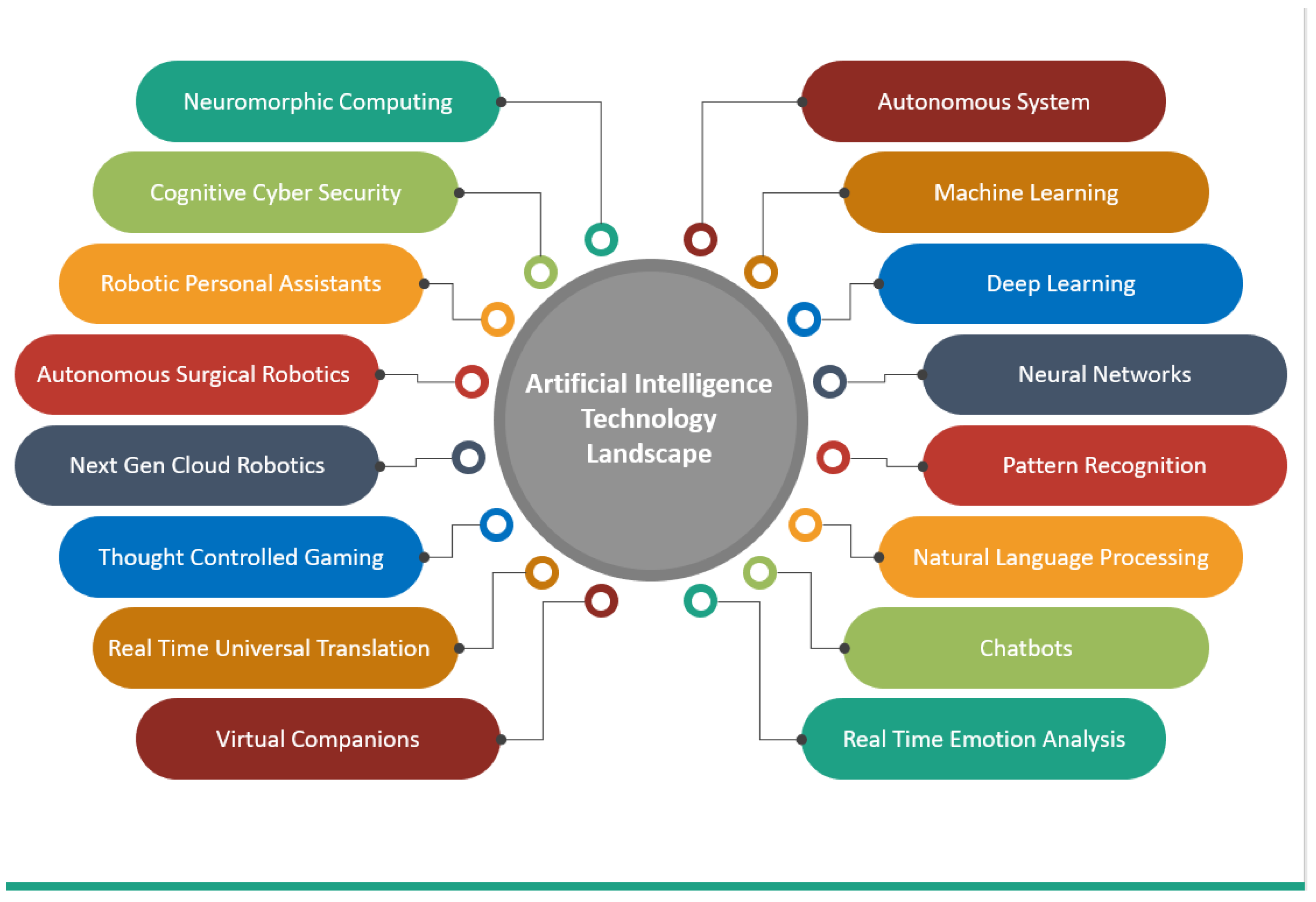 .
.
Benefits of AI-Powered Tools
- Automation: AI can automate repetitive tasks such as email marketing, social media posting, and ad placements, freeing up time for strategic planning.
- Personalization: AI can deliver personalized content and recommendations based on user behavior and preferences.
- Predictive Analytics: AI can predict future trends and consumer behavior, enabling proactive marketing strategies.
Examples of AI-Powered Tools
- Chatbots: AI-driven chatbots can handle customer inquiries 24/7, providing instant support and improving customer satisfaction.
- Content Creation: AI tools like GPT-4 can generate high-quality content, from blog posts to social media updates.
- Ad Optimization: AI can optimize ad campaigns in real-time, adjusting bids and targeting to maximize ROI.
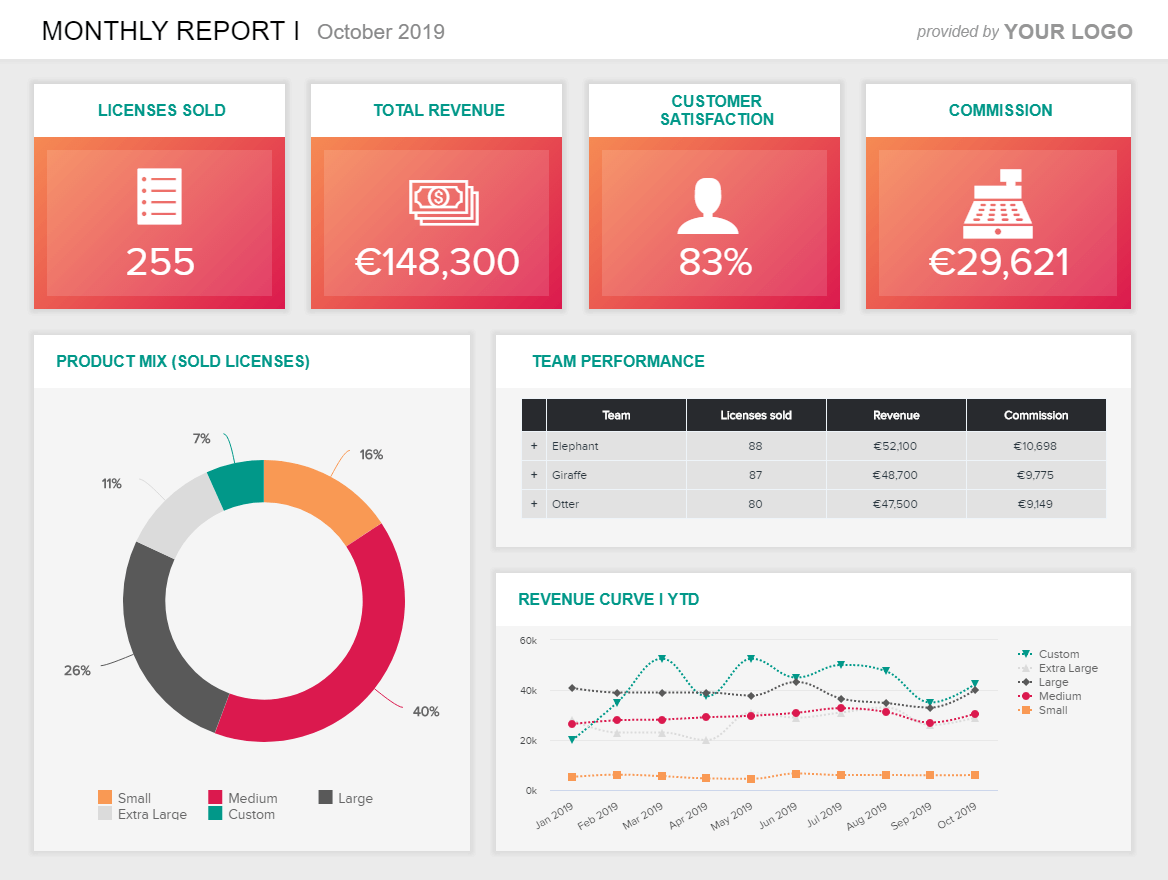
Voice Search Optimization
With the rise of smart speakers and voice assistants, voice search is becoming a crucial aspect of digital marketing.
Importance of Voice Search
Voice search allows users to speak their queries instead of typing them, making it faster and more convenient. As more consumers use voice search, businesses need to optimize their content to remain discoverable.

Tips for Voice Search Optimization
- Focus on Conversational Keywords: Voice search queries are typically longer and more conversational than text searches. Use natural language and long-tail keywords in your content.
- Provide Direct Answers: Voice assistants often read out direct answers from featured snippets. Structure your content to provide clear and concise answers.
- Optimize for Local Search: Many voice searches are local in nature. Ensure your business information is accurate and up-to-date on local directories and Google My Business.
Impact on SEO Strategy
Voice search optimization requires a shift in SEO strategy, focusing more on user intent and context rather than just keywords. Businesses that adapt to this trend will have a competitive advantage in search visibility.
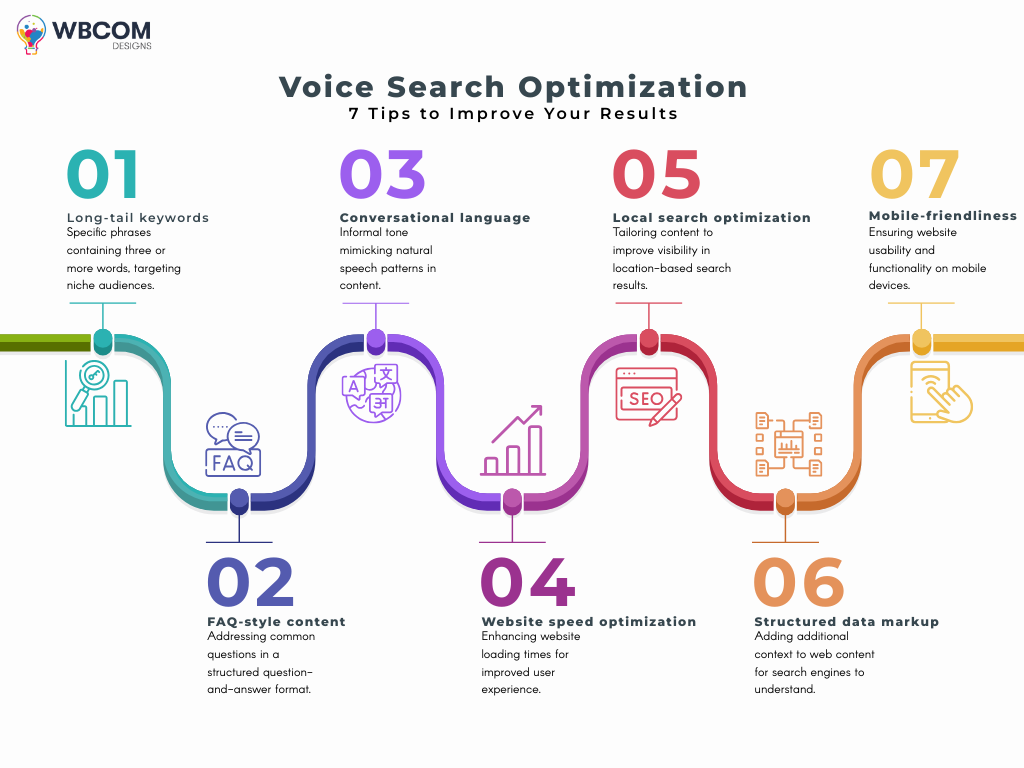
Augmented Reality (AR) Experiences
Augmented Reality (AR) is transforming how consumers interact with brands by blending digital content with the physical world.
What is AR in Marketing?
AR in marketing involves overlaying digital elements onto the real world through devices like smartphones or AR glasses. This technology enhances the shopping experience by allowing customers to visualize products in their environment before making a purchase.

Benefits of AR for Businesses
- Enhanced Customer Engagement: AR provides interactive and immersive experiences that captivate users and encourage them to spend more time with the brand.
- Increased Conversion Rates: By allowing customers to try before they buy, AR can reduce uncertainty and increase purchase confidence.
- Differentiation: AR sets businesses apart from competitors by offering innovative and memorable customer experiences.
Examples of AR Applications
- Virtual Try-Ons: Beauty brands use AR to let customers virtually try on makeup products.
- Product Visualization: Furniture retailers offer AR apps for customers to see how items will look in their homes.
- Interactive Packaging: Some brands use AR to provide additional product information or entertainment through interactive packaging.

Chatbots and Conversational Marketing
Chatbots and conversational marketing are reshaping customer service and engagement by enabling real-time interactions.
The Role of Chatbots
Chatbots are AI-powered programs that can simulate human conversations. They are used in various channels, including websites, social media, and messaging apps, to assist customers and streamline communication.
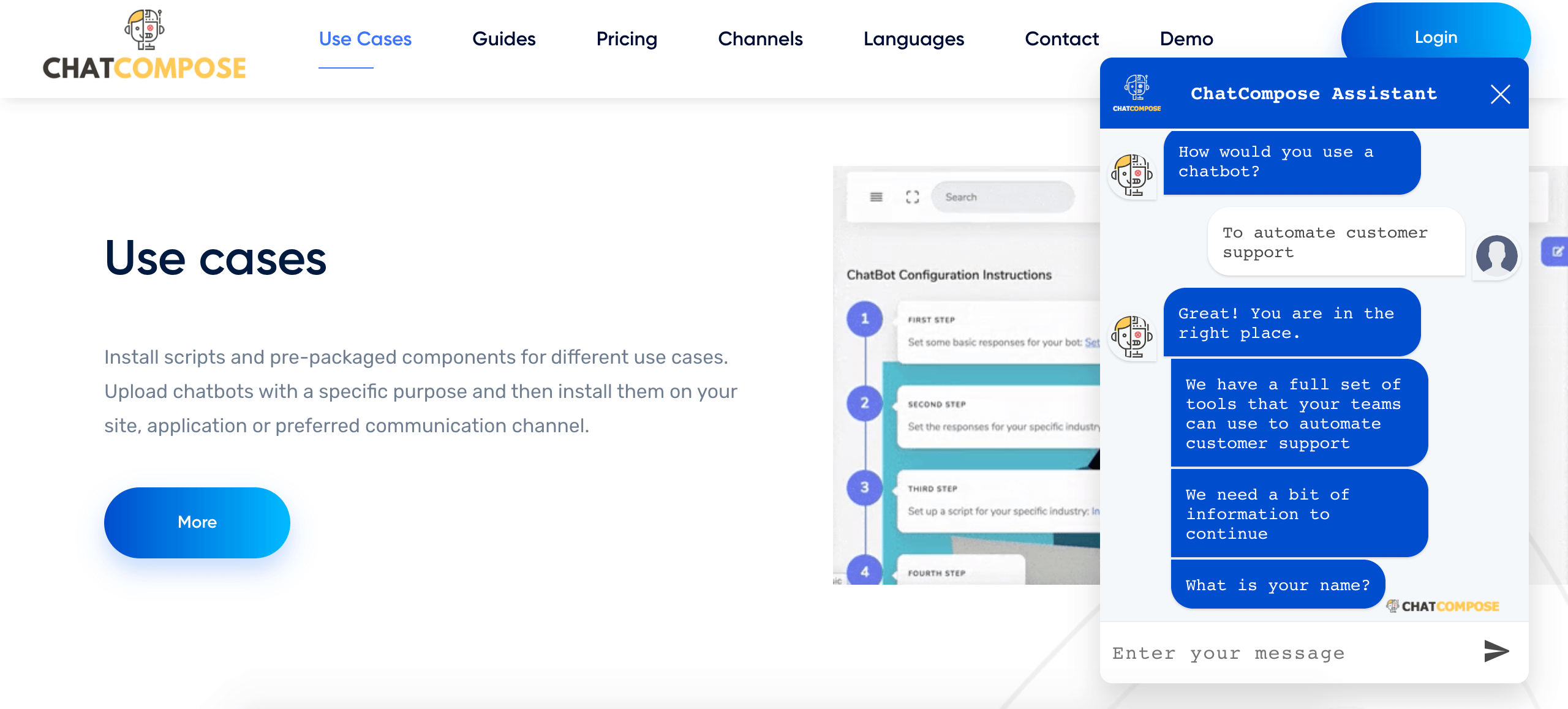
Advantages of Chatbots
- 24/7 Availability: Chatbots provide instant responses to customer inquiries around the clock, improving customer satisfaction.
- Scalability: Chatbots can handle multiple conversations simultaneously, making them ideal for businesses with high customer interaction volumes.
- Data Collection: Chatbots can gather valuable customer data and insights, helping businesses understand their audience better.
Implementing Conversational Marketing
Conversational marketing involves using chatbots and live chat to engage customers in real-time, creating a personalized and seamless customer journey.
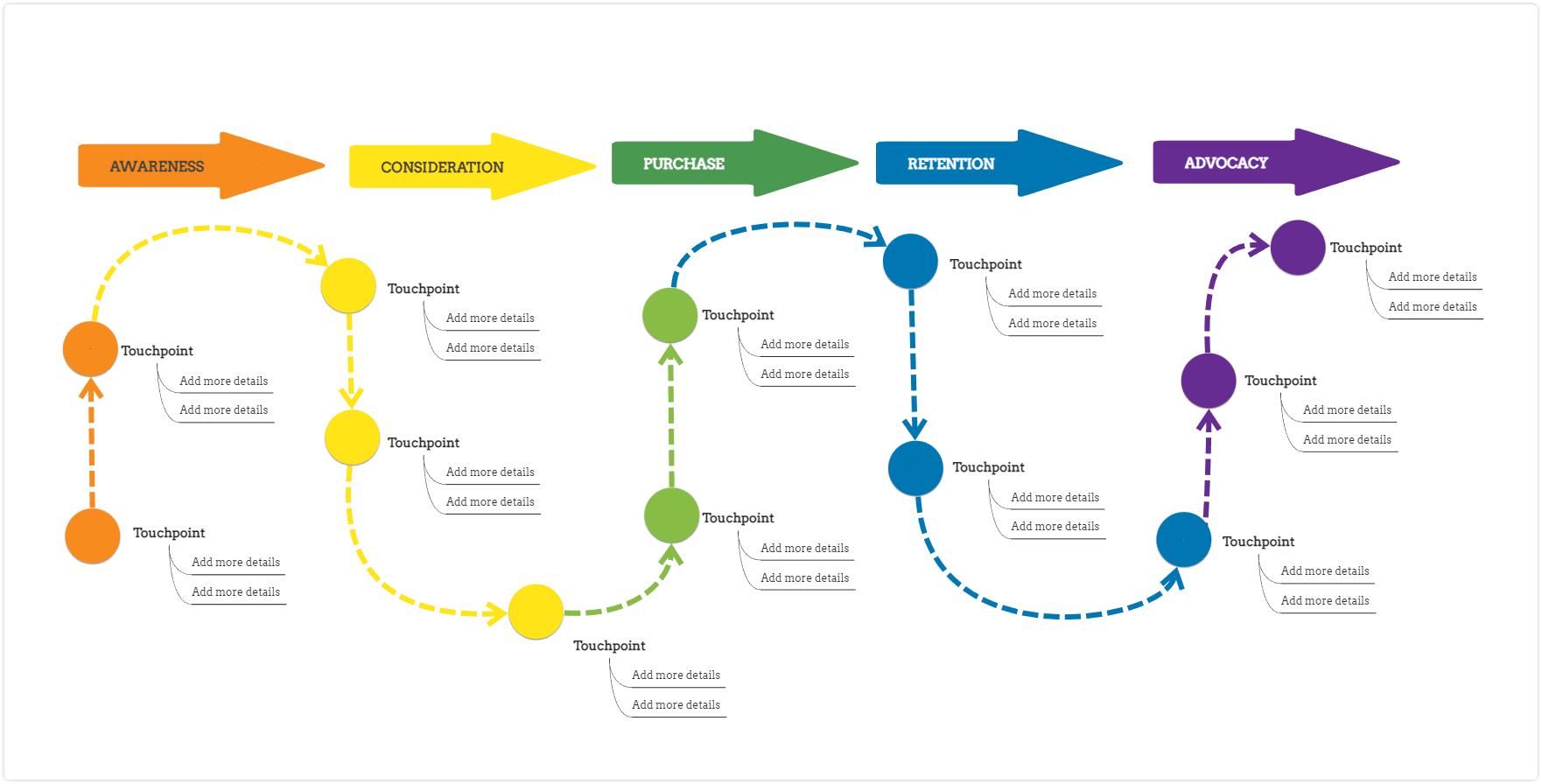
Personalization and Customer Experience
Personalization is becoming increasingly important as customers expect tailored experiences based on their preferences and behavior.
The Power of Personalization
Personalization involves using data and AI to deliver relevant content, recommendations, and offers to individual users. This approach enhances customer satisfaction and loyalty by making interactions more meaningful.
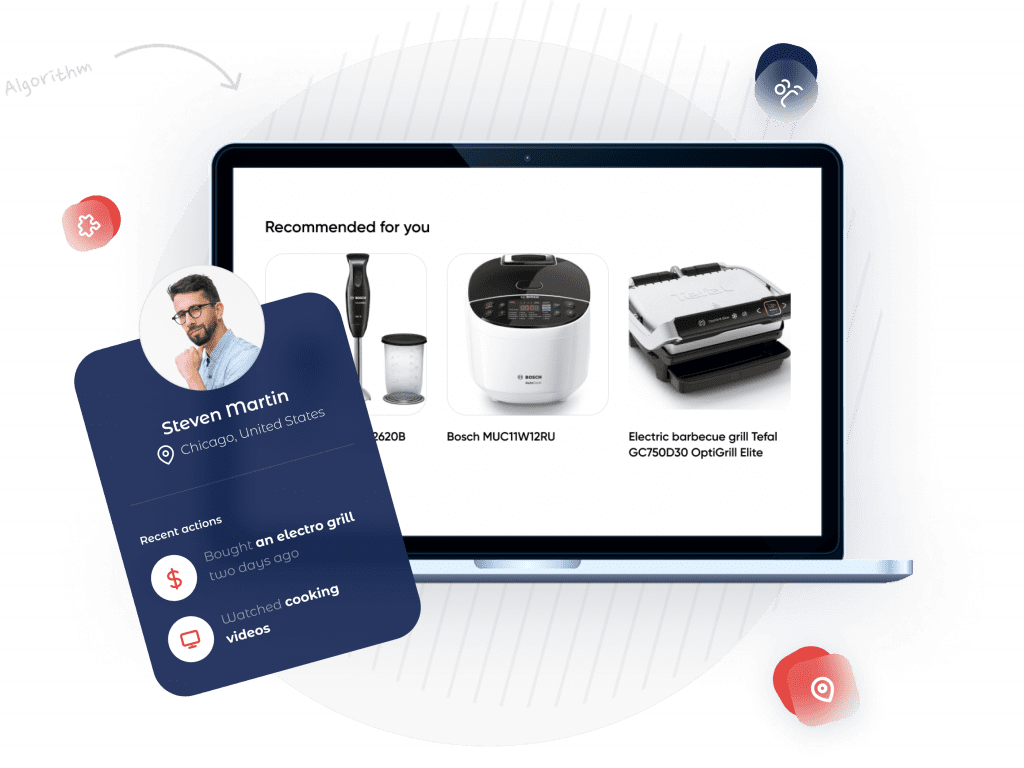
Strategies for Effective Personalization
- Data Collection and Analysis: Collect data from various touchpoints, such as website interactions, purchase history, and social media activity, to understand customer preferences.
- Segmentation: Divide your audience into segments based on common characteristics and behaviors to deliver targeted content.
- Dynamic Content: Use dynamic content that changes based on the user’s behavior and preferences, such as personalized product recommendations on e-commerce sites.
Impact on Customer Experience
Personalization creates a seamless and enjoyable customer experience, increasing engagement, conversion rates, and brand loyalty.
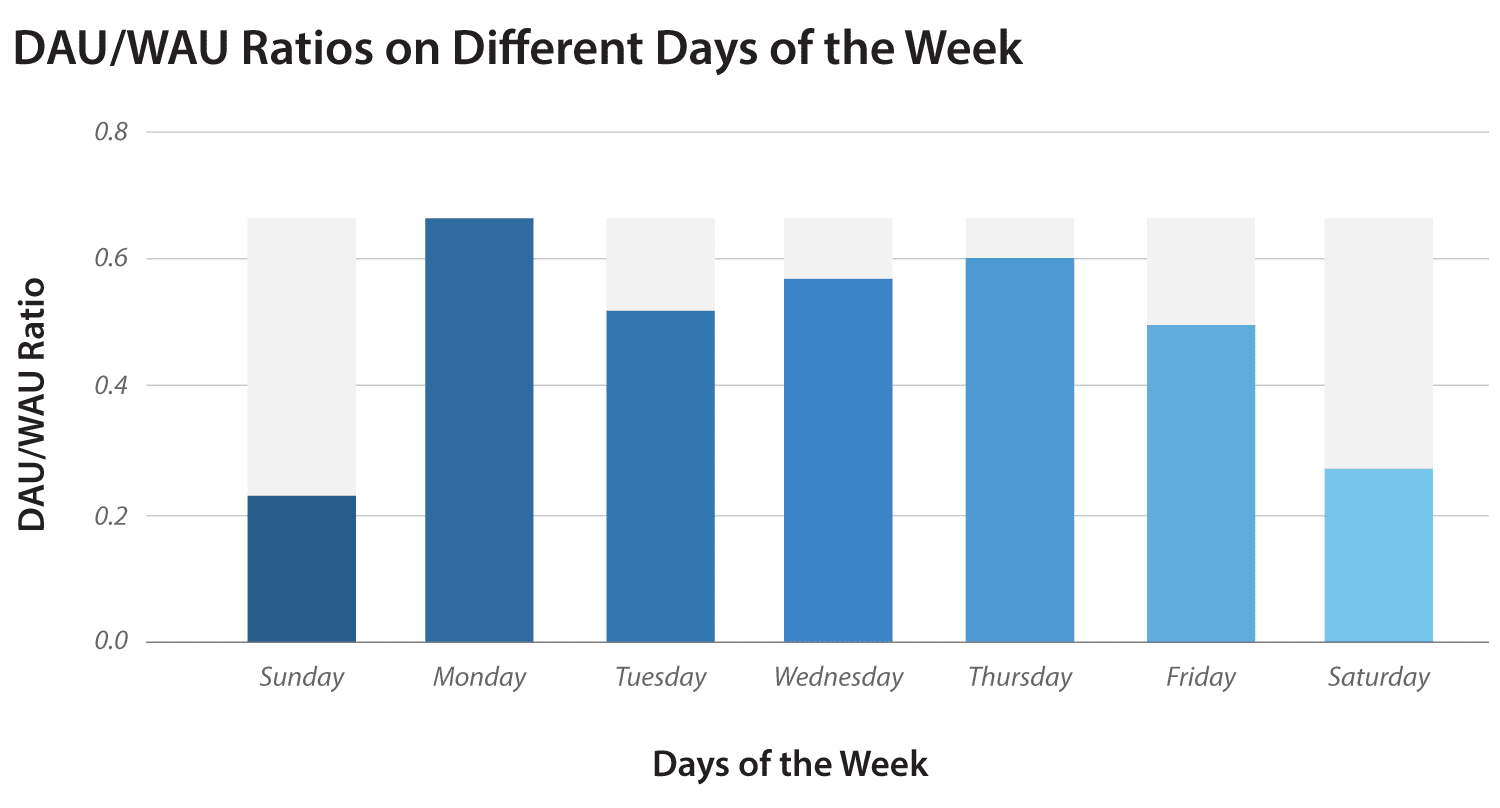
Data Privacy and Ethical Marketing
As personalization and data-driven marketing become more prevalent, concerns about data privacy and ethical marketing practices are also rising.
Importance of Data Privacy
Data privacy is crucial for building trust with customers. Businesses must handle personal data responsibly and comply with regulations such as GDPR and CCPA.

Best Practices for Ethical Marketing
- Transparency: Be clear about what data you collect and how it will be used. Provide easy-to-understand privacy policies.
- Consent: Obtain explicit consent from customers before collecting and using their data.
- Data Security: Implement robust security measures to protect customer data from breaches and unauthorized access.
Balancing Personalization and Privacy
While personalization is important, it should not come at the expense of privacy. Striking the right balance ensures a positive customer experience and maintains trust.

Real-World Examples
To illustrate the impact of these emerging technologies, let’s look at some real-world examples of businesses successfully leveraging them.
Example 1: Sephora
Sephora uses AI and AR to enhance the shopping experience. Their AI-powered chatbot provides personalized product recommendations, while their AR app allows customers to virtually try on makeup products.
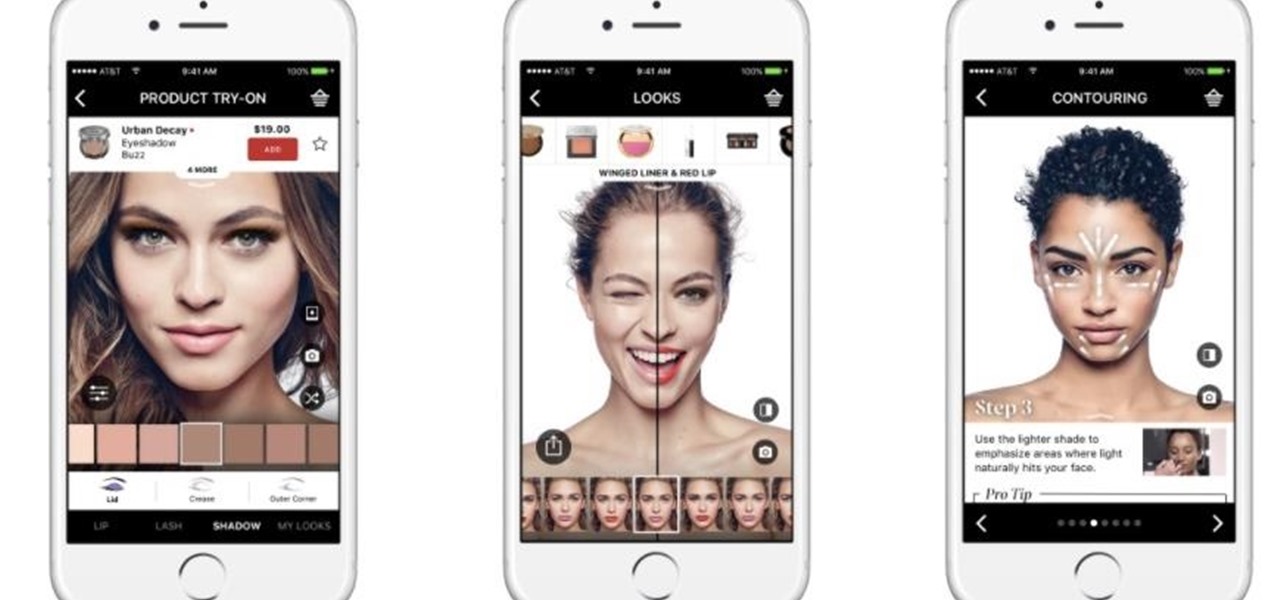
Example 2: Domino’s Pizza
Domino’s has integrated voice search and AI into their ordering process. Customers can place orders using voice commands through smart speakers, and AI helps optimize delivery routes for faster service.

Example 3: IKEA
IKEA’s AR app lets customers visualize how furniture will look in their homes. This innovation has increased customer engagement and boosted sales by reducing uncertainty about purchases.

Frequently Asked Questions (FAQs)
- What is AI in marketing?
- AI in marketing involves using machine learning algorithms to automate processes, personalize experiences, and provide insights.
- How does voice search optimization differ from traditional SEO?
- Voice search optimization focuses on natural language and conversational keywords, while traditional SEO emphasizes shorter, more precise keywords.
- What are the benefits of AR in marketing?
- AR enhances customer engagement, increases conversion rates, and differentiates brands through interactive and immersive experiences.
- How do chatbots improve customer service?
- Chatbots provide instant, 24/7 support, handle multiple inquiries simultaneously, and gather valuable customer data.
- Why is personalization important in digital marketing?
- Personalization makes interactions more relevant and meaningful, increasing customer satisfaction and loyalty.
- What measures should businesses take for data privacy?
- Businesses should be transparent about data use, obtain consent, and implement robust security measures to protect customer data.
- How can small businesses implement AI in their marketing strategy?
- Small businesses can start by using AI-powered tools like chatbots for customer service, AI-based email marketing platforms, and social media management tools that offer automation and analytics.
- What is conversational marketing?
- Conversational marketing uses chatbots and live chat to engage customers in real-time, creating a personalized and seamless customer journey.
- How can I optimize my website for voice search?
- Focus on conversational keywords, provide clear and concise answers, and ensure your business information is accurate and up-to-date on local directories.
- What is the future of digital marketing with these emerging technologies?
- The future of digital marketing lies in further integration of AI, voice search, AR, and personalized experiences, leading to more efficient, engaging, and data-driven marketing strategies.
Conclusion: Preparing for the Future of Digital Marketing
As digital marketing continues to evolve, staying ahead of the curve with emerging technologies is crucial for maintaining a competitive edge. By understanding and implementing AI-powered tools, voice search optimization, AR experiences, conversational marketing, personalization, and ethical practices, businesses can enhance their marketing efforts and provide exceptional customer experiences.
However, navigating these technologies can be complex and time-consuming. Partnering with a professional agency can help you leverage these advancements effectively, ensuring your marketing strategies are innovative and impactful.
Our agency specializes in helping businesses integrate the latest digital marketing technologies. With our expertise and advanced tools, we can create customized strategies that drive growth and success. Whether you’re looking to implement AI, optimize for voice search, or create engaging AR experiences, we’re here to support your journey to the future of digital marketing.
Ready to embrace the future of digital marketing? Contact us today to learn how we can help you stay ahead of the curve and achieve your business goals.

Summary of Emerging Technologies in Digital Marketing
- AI-Powered Marketing Tools: Automate processes, personalize experiences, and provide actionable insights.
- Voice Search Optimization: Optimize for conversational keywords, provide direct answers, and focus on local search.
- Augmented Reality (AR) Experiences: Enhance customer engagement, increase conversion rates, and differentiate your brand.
- Chatbots and Conversational Marketing: Provide 24/7 support, handle multiple inquiries, and gather valuable customer data.
- Personalization and Customer Experience: Deliver relevant content, recommendations, and offers based on customer data.
- Data Privacy and Ethical Marketing: Ensure transparency, obtain consent, and implement data security measures.

Final Thought: Embracing emerging technologies in digital marketing is not just about keeping up with trends; it’s about creating innovative and effective strategies that drive growth and improve customer experiences. By staying informed and adapting to these changes, businesses can achieve remarkable success in the digital age.
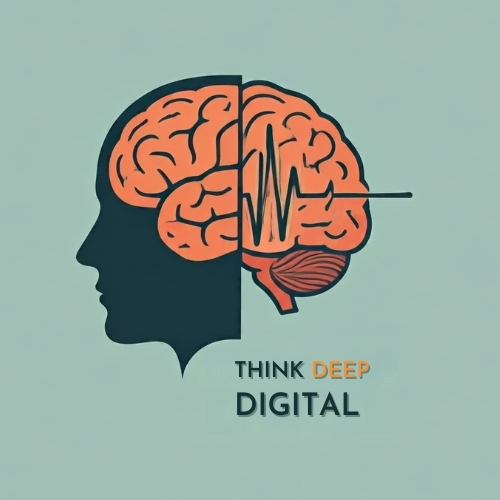
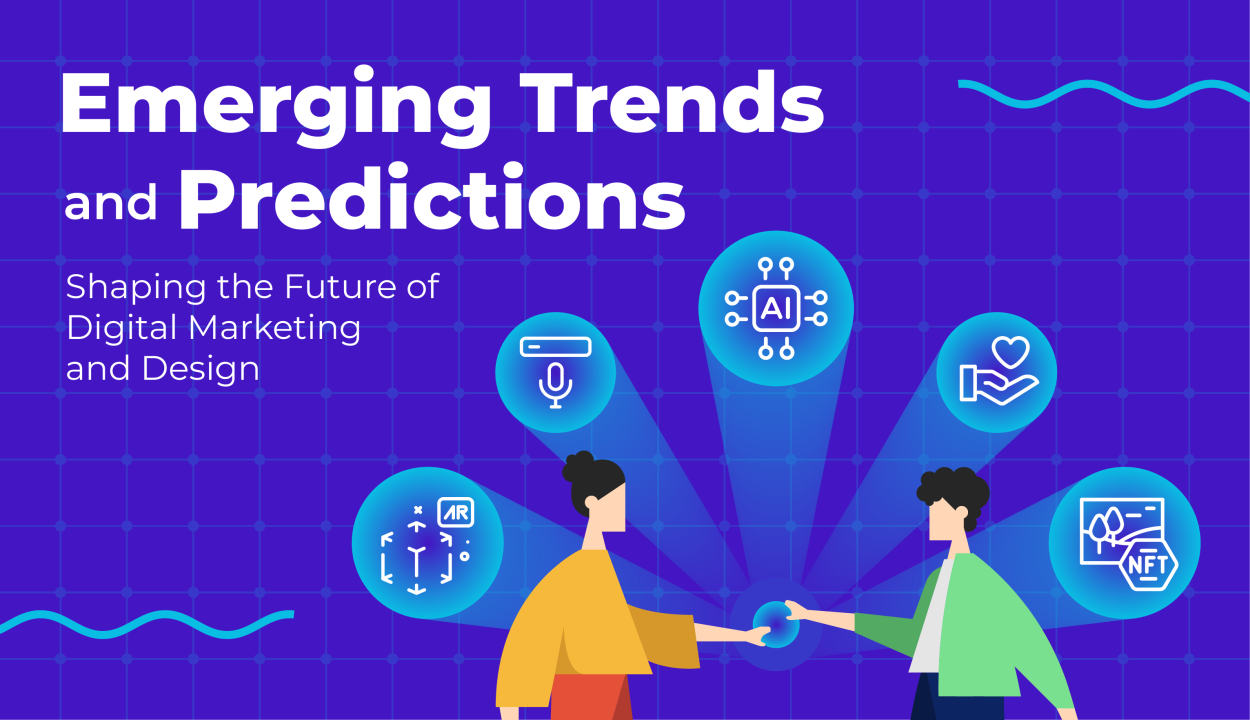
Nice blog here Also your site loads up fast What host are you using Can I get your affiliate link to your host I wish my web site loaded up as quickly as yours lol
Good https://is.gd/N1ikS2